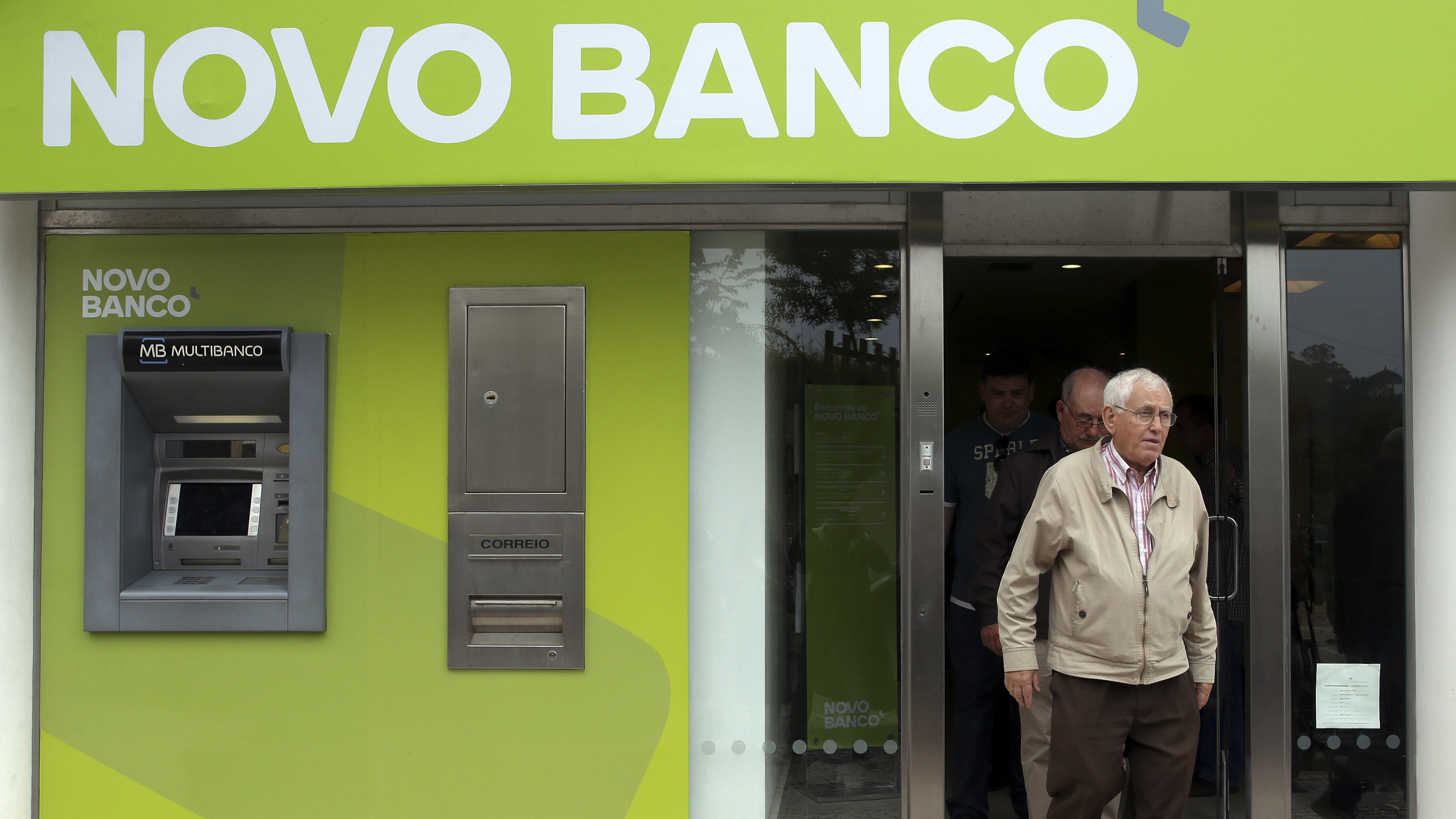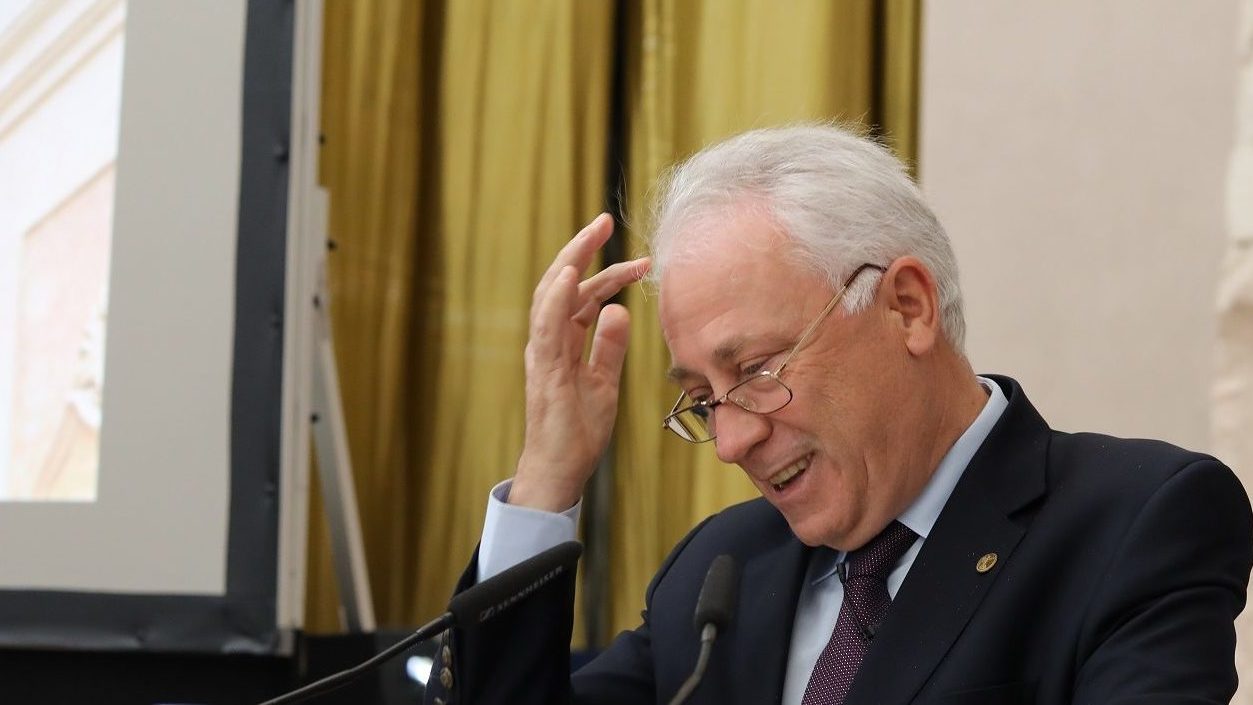Banking in foreign hands? Might be of help, states Fitch
What if the majority of Portuguese financial institutions end up in foreign hands? Roger Turró, primary analyst in the rating agency Fitch, has nothing against it, advocating it might benefit clients.
Roger Turró, primary analyst of the bank’s department in the rating agency Fitch, explained to ECO in an interview that the main issue with the Portuguese financial system is the weak quality of assets — meaning, banks are not all the same nor do they all have the same problems. This Friday, Fitch will assess Portugal’s rating, although there aren’t many positive signs.

In his interview to ECO, Roger Turró stated he believes the robustness of the Portuguese banking system faces some challenges, namely linked to the weak quality of assets — which “affects the profitability and puts pressure on capital” –, but also linked to the balance, which is vulnerable to “the low internal capital generation” and to “the high exposure to problematic assets”.
Turró also stated these challenges are different throughout banks, and proof of it are the different rating levels for the different institutions: Santander Totta, for example, is rated at BB+. Even so, he adds: “Our lowest rated bank is Montepio, at B; this reflects the asset quality, but also the losses that have been reported and the weak cost efficiency and the level of capital ratios”.
"The weak asset quality is one of our [Fitch] concerns and it is important it is dealt with and improved.”
When asked particularly about the Portuguese bank Caixa Geral de Depósitos (CGD), Turró told ECO he believes that if its situation is solved, it would greatly help the financial system, since CGD is “the largest Portuguese bank in the system with a market share above 20%”. He believes the same would happen concerning the Portuguese bank BCP, which have announced a capital increase in the beginning of January, and Novo Banco, the bank whose situation is far from being solved.
Concerning Novo Banco and all the possibilities for its sale, Turró considers nationalization would be a good solution for the financial system providing that nationalization had better a evaluation of the bank than what buyers are now offering. Nonetheless, Roger Turró recalls that nationalization has a cost for the government and taxpayers, “which would need to be analysed by our sovereign team to see if this has an effect on the rating and solvency of the country“.
As for the banking system and economic recovery, Turró replied they are linked, although he believes there are no issues “in terms of funding and liquidity for the Portuguese banks”, since banks are able to lend to “good companies or individuals” – to good projects and companies, as well as to “solvent customers”. Even so, he considers that if the Portuguese economy does recover, it will certainly help a faster decrease in non-performing loans (NPL).
Finally, Roger Turró believes it “wouldn’t make a difference” for small and medium enterprises if the Portuguese banking system ended up in foreign hands: “If being in foreign hands means entities could be even more solvent […] it could also benefit customers, offering better prices and increasing competition, which lowers spreads“, stated Turró.




